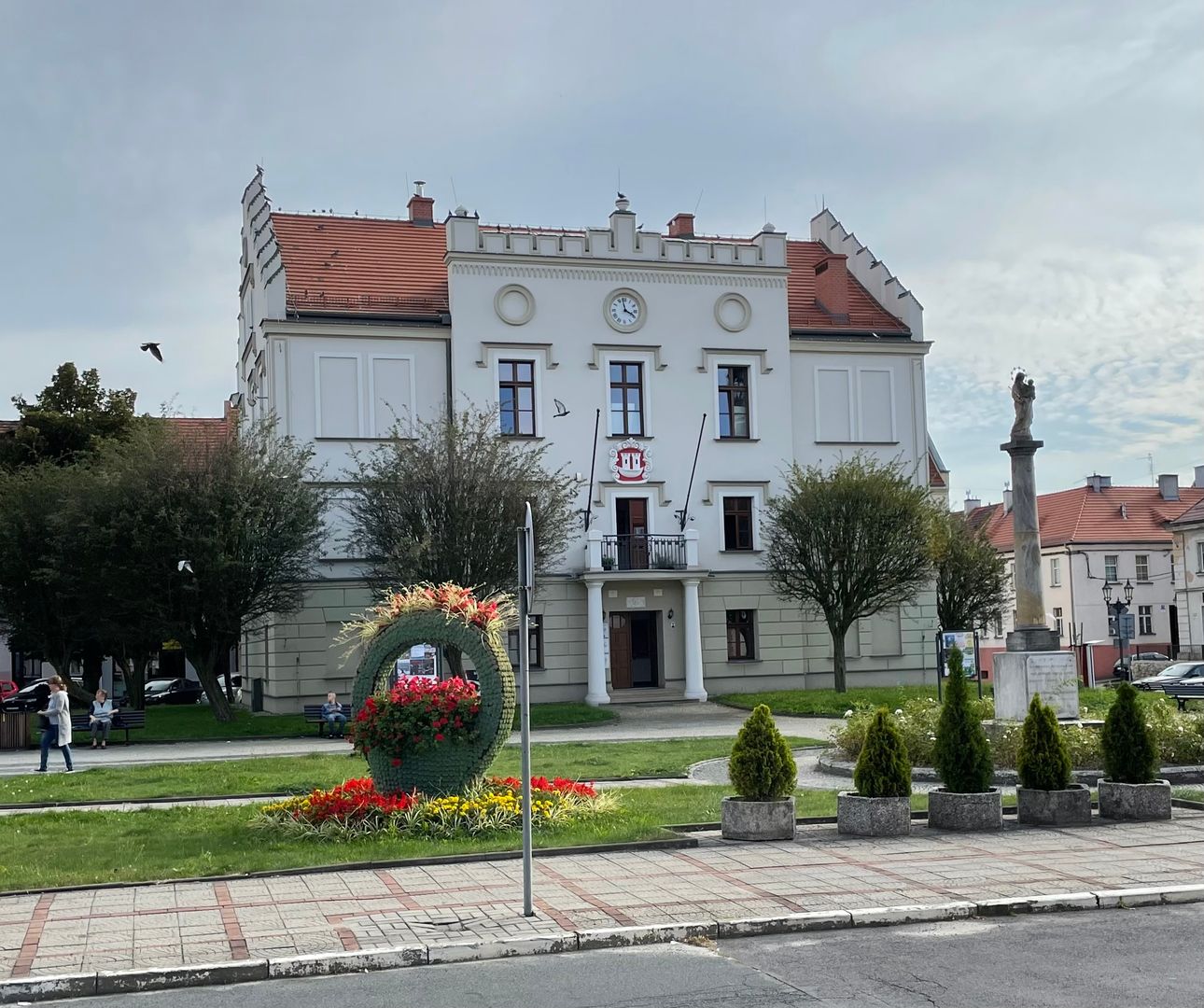Pyskowice
6.91

Overview
Pyskowice, one of the oldest towns in Upper Silesia, boasts a rich history dating back to 1256, when Bishop Thomas of Wrocław was mentioned in records. In 1260, the town was granted municipal rights, and its development during the Middle Ages was closely tied to crafts and trade, as evidenced by the existence of craft guilds in the 15th century. Pyskowice witnessed numerous historical events, including raids by Hussite forces and destruction during the Thirty Years' War and the Swedish Deluge. Despite these challenging times, the town quickly recovered demographically, and by the 18th century, its metallurgical industry began to flourish. After World War II, Pyskowice was incorporated into Poland and underwent a process of reconstruction, preserving many of its historical monuments.
Modern-day Pyskowice is divided into Stare Pyskowice (Old Pyskowice), which retains its medieval urban layout, and Nowe Pyskowice (New Pyskowice), dominated by buildings from the 1950s. The town features numerous historical sites, such as the town hall from 1822, the Church of St. Nicholas, the market square complex, and a Jewish cemetery established in 1830. Pyskowice also boasts a well-developed educational, cultural, and sports infrastructure, including a museum, a library, and sports clubs. A notable attraction is the regional railway open-air museum, which draws enthusiasts of railway history. The town actively promotes cultural activities, offering a variety of events and educational programs at the Municipal Center for Culture and Sports.
Pyskowice is well-connected, with extensive road and rail transport networks, facilitating further development and international cooperation with partner cities such as La Ricamarie in France and Chervonohrad in Ukraine.
Location
2026 Wizytor | All Rights Reserved